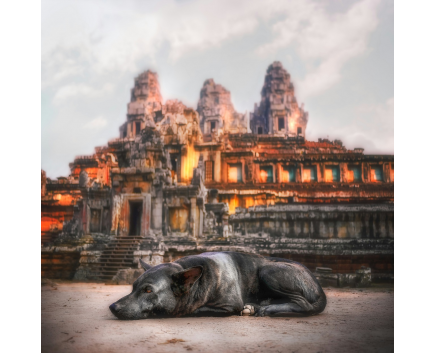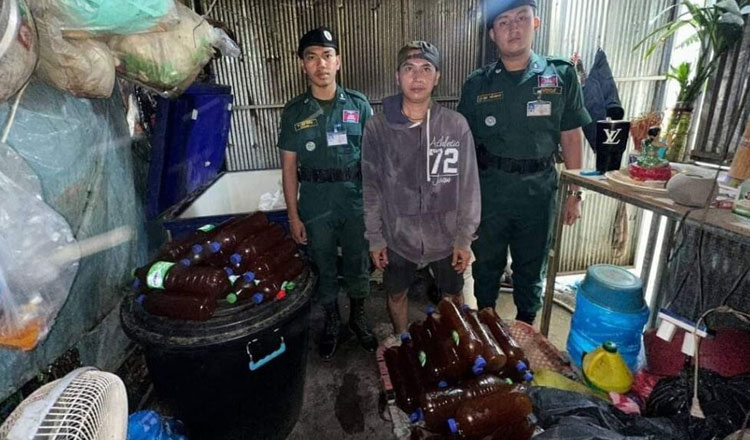
Cambodian Authorities Cracking Down on Kratom Cultivation
Cambodia's National Authority for Combating Drugs (NACD) has been cracking down on kratom recently, calling for reports from all Cambodian provinces on kratom cultivation.
The NACD aims to gather data to understand the extent of kratom cultivation and its impact on public health and safety.
“We do not yet have specific numbers on how many plants there are, but it appears that the numbers are low, and we cannot precisely determine where it is growing. Therefore, we have asked the provinces to provide data on the number of plants and their locations,” Lim Tong Huot, director of the NACD’s Education and Public Relations Department, told The Phnom Penh Post.
Kratom is not yet classified as a controlled substance under Cambodian law. However some plants were found growing near the border of Thailand, where kratom is consumed traditionally.
Thailand, Cambodia's Neighbor, Has a Long History of Kratom
Thailand recently legalized kratom after a near 80 year ban. In 1943, the Thai government passed the Kratom Act, which made it illegal to plant kratom trees. This law was primarily due to the experience of Thai people consuming kratom to curb the use of opium, as the Thai government collected tax on opium, and kratom was a cheaper alternative.
In 1979 Thailand, kratom was classified as a Schedule 5 narcotic under the Narcotics Act B.E. 2522. This classification meant that the possession, sale, and use of kratom were strictly prohibited, and violators faced severe penalties.
The Association of Southeast Asian Nations (ASEAN) is a regional organization comprising ten member countries. The ASEAN nations have a long history of cooperation in combating illicit drugs, aiming to create a drug-free region. ASEAN member nations are: Cambodia, Indonesia, Thailand, Malaysia, Laos, Myanmar, Philippines, Singapore, Vietnam, and Brunei Darussalam,
However, there is no ASEAN consensus on whether kratom falls under the classification of an illicit drug. In Indonesia, kratom is a significant source of income for farmers. While it is illegal to buy and sell kratom in Indonesia, it's legal to grow and export.
In 2021, kratom and marijuana were both decriminalized in Thailand. In Malaysia, kratom is widely consumed but still remains a controlled substance.

In July, Cambodian authorities shut down a man who was manufacturing and selling kratom tea (or juice) in a facility close to the border of Thailand. The man claimed he sold just 20 liters per year to Thai consumers. Though kratom is not illegal, the man's kratom juice was confiscated and his trees cut down. He was made to sign a contract to discontinue selling the kratom tea.














Comments
Leave your comment